Windows 10 2004 optimized for Ryzen 4000 chips
2 min. read
Updated on
Read our disclosure page to find out how can you help Windows Report sustain the editorial team. Read more
Key notes
- Ryzen 4000 chips entered the scene at CEC 2020, where AMD showcased its next-gen mobile and desktop processing unit.
- Microsoft has listed Ryzen 4000 processors in its Windows Processor Requirements document.
- Visit the News page to learn more.
- You may also head over to our Windows 10 page for extra insights and updates
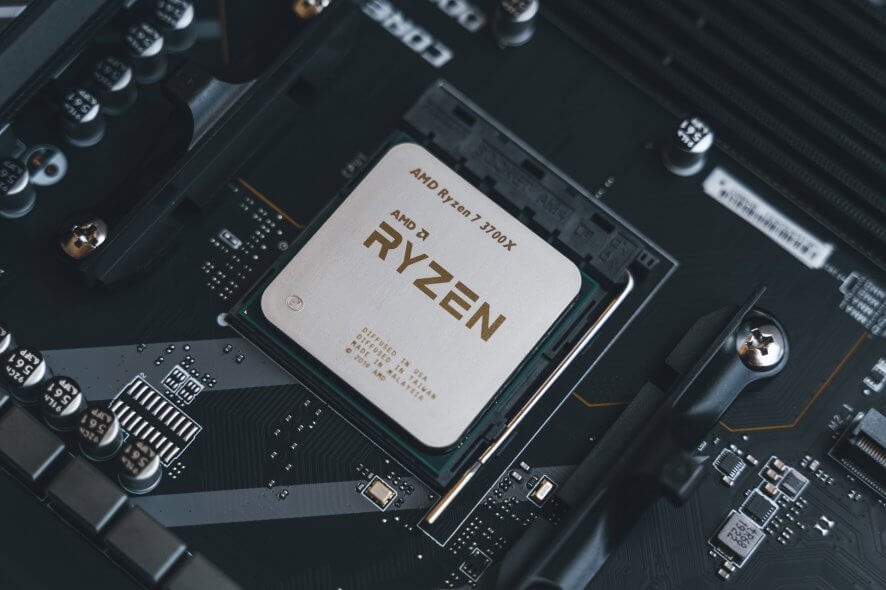
Ryzen 4000 chips entered the scene at CEC 2020, where AMD showcased its next-gen mobile and desktop processing units. The chips may have come to the party later than their dominant counterparts like the Intel Core series. But they are early enough to leverage Windows 10 2004 support.
Microsoft updated Windows 10 processor requirements
The latest Windows Processor Requirements document confirms the compatibility of Ryzen 4000 processors with Windows 10 2004. Microsoft uses that page to reveal all the chips that its operating systems support.
Older AMD processors are in the updated list too.
Up through the following AMD 7th Generation Processors (A-Series Ax-9xxx & E-Series Ex-9xxx & FX-9xxx); AMD Athlon 2xx processors, AMD Ryzen 3/5/7 4xxx, AMD Opteron and AMD EPYC 7xxx.
Most major chip manufacturers have been aware of these processor specifications for a long while. So the latest inclusion does not catch any of them by surprise.
Also, multiple variants of Intel microprocessors are in the updated list. The company has a deep history in the manufacture of chips for different versions of the Windows operating system.
Its listed CPUs include the powerful 10th generation processors in the Intel Core series.
Pentium 4 and Celeron processors may be slow and not ideal for high-end, CPU-intensive applications. But they are still in use today. It, therefore, makes sense that Microsoft is not ending Windows 10 support for the older chips from Intel, in the meantime.
About missing processors
There is no mention of AMD Athlon 3000 in the Windows Processor Requirements list. Unsurprisingly, the document includes Athlon 200-series microchips.
If a processor model is not in the list, it can only mean one thing. Microsoft expects its maker (OEM) not to install it on a customer system running on Windows.
Still, any exclusion could be an error of omission. So, affected companies can contact Microsoft for clarification or the inclusion of their chips.
You can always get back to us with suggestions or questions in the comments section below.
[wl_navigator]
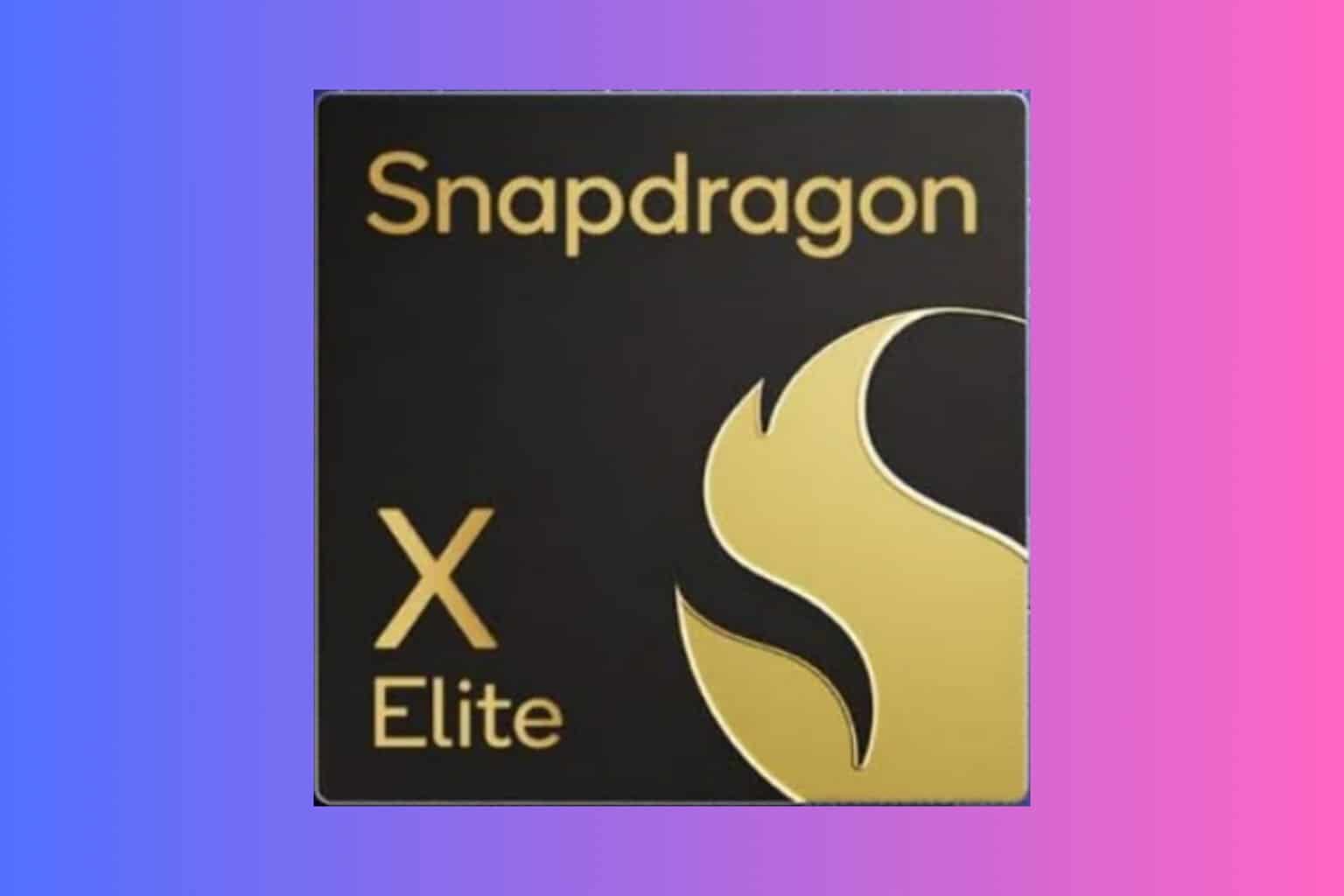
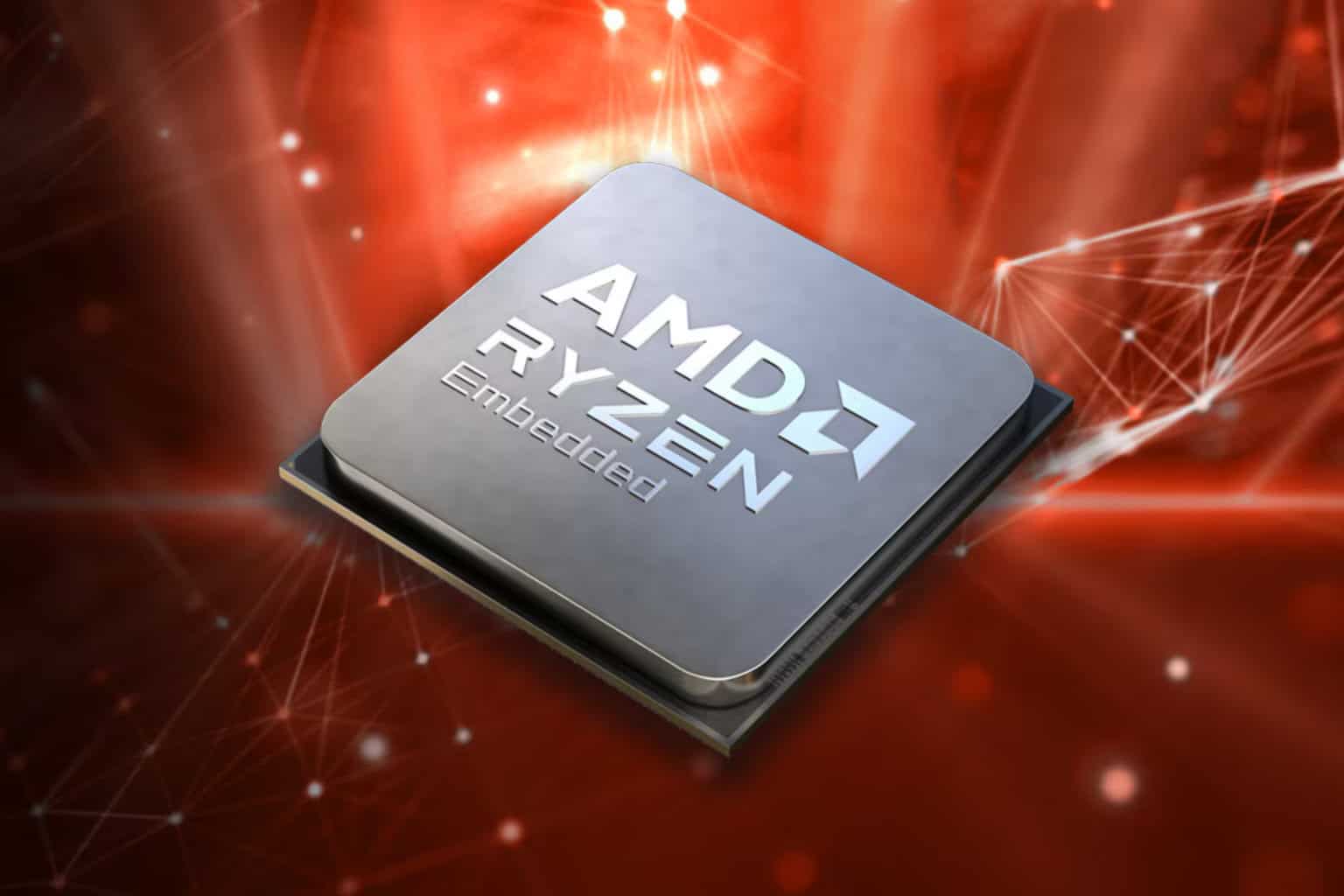
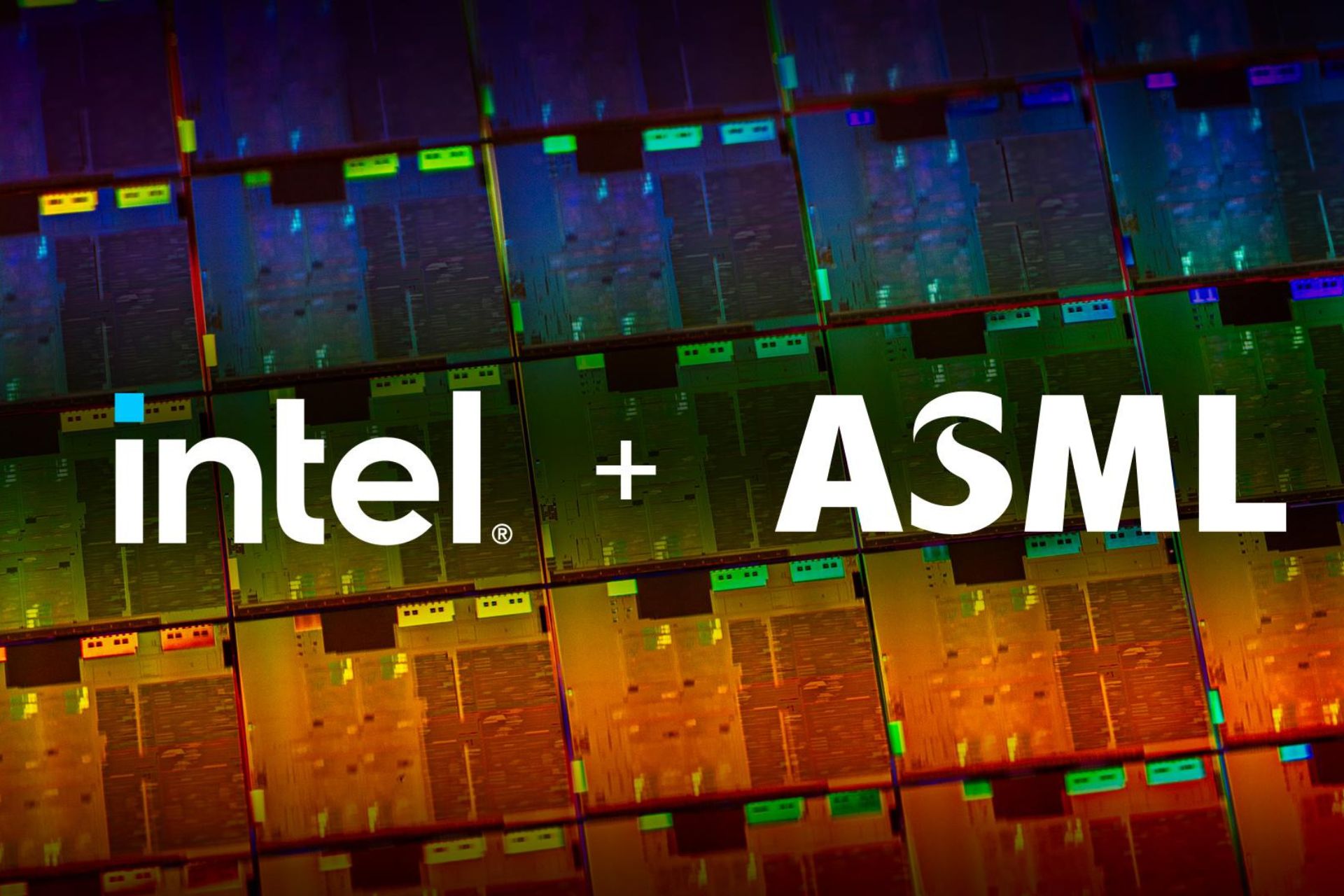
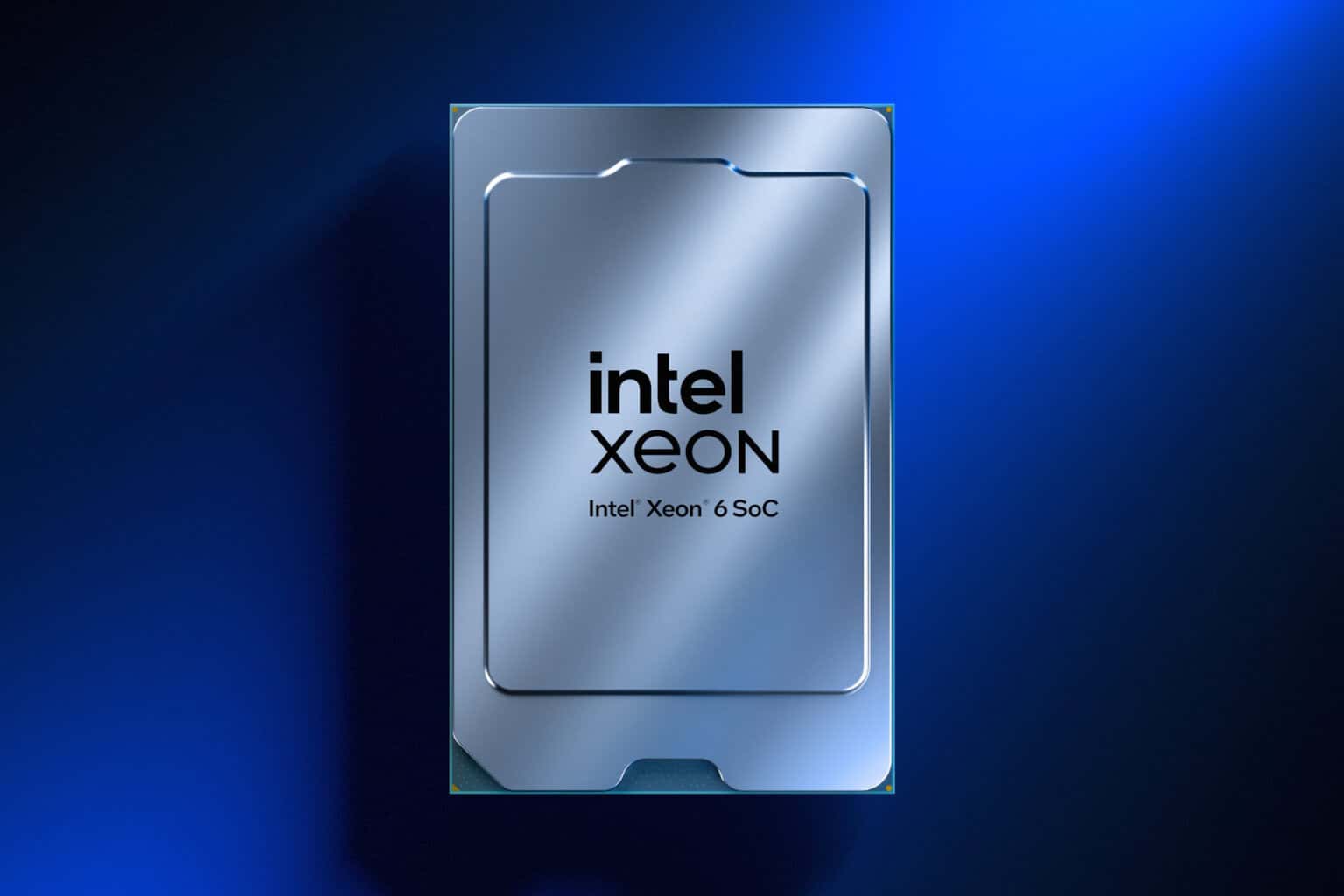
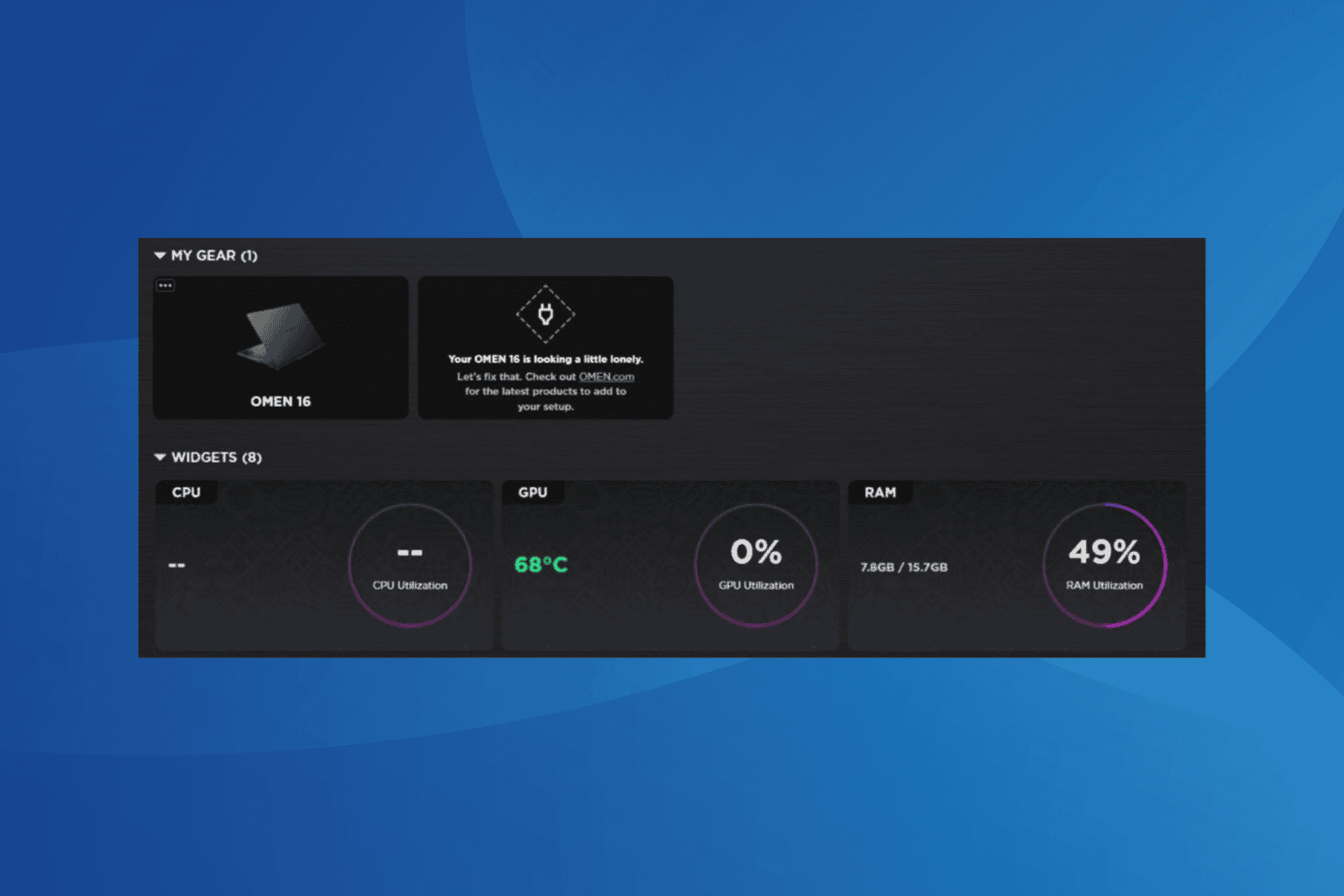
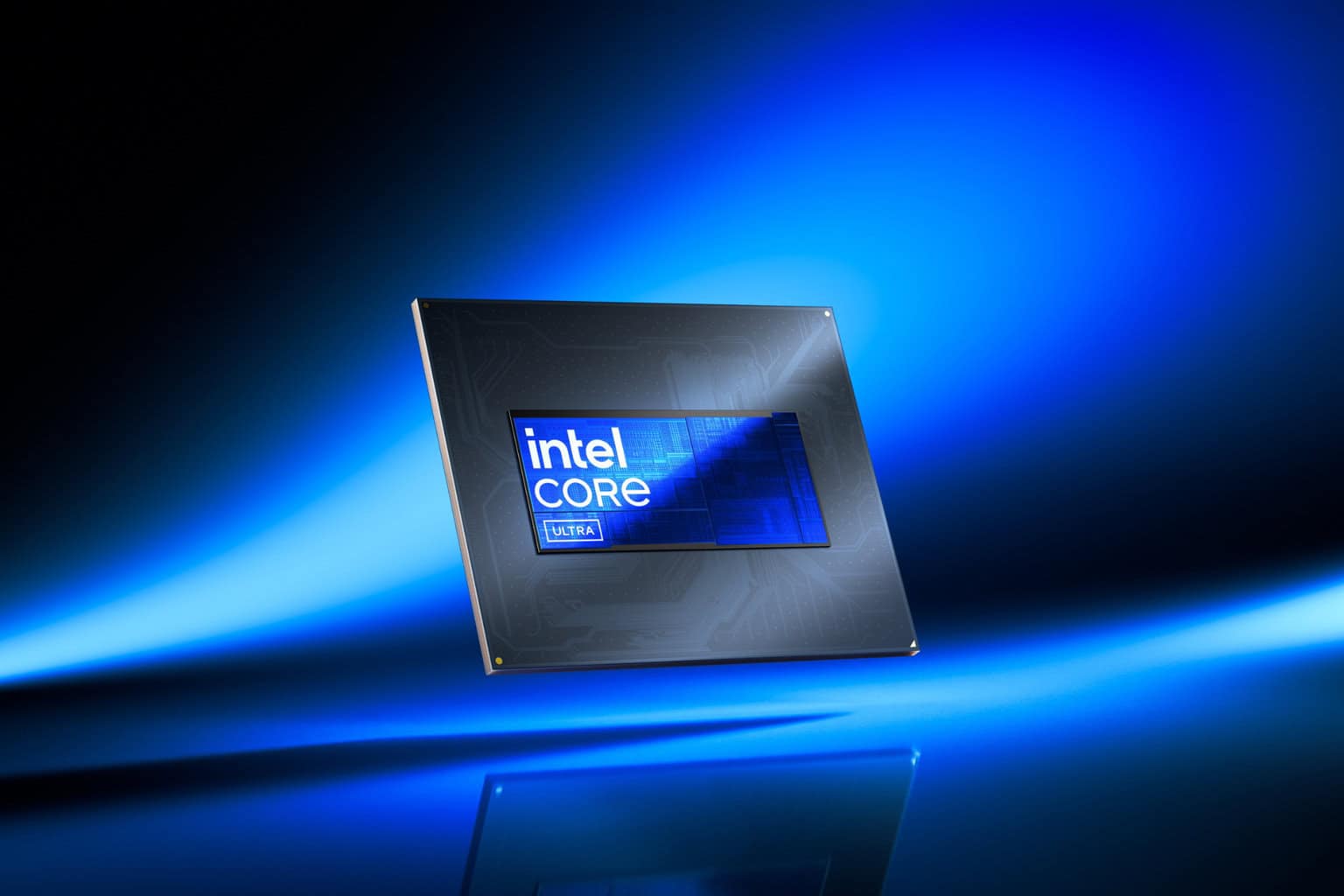
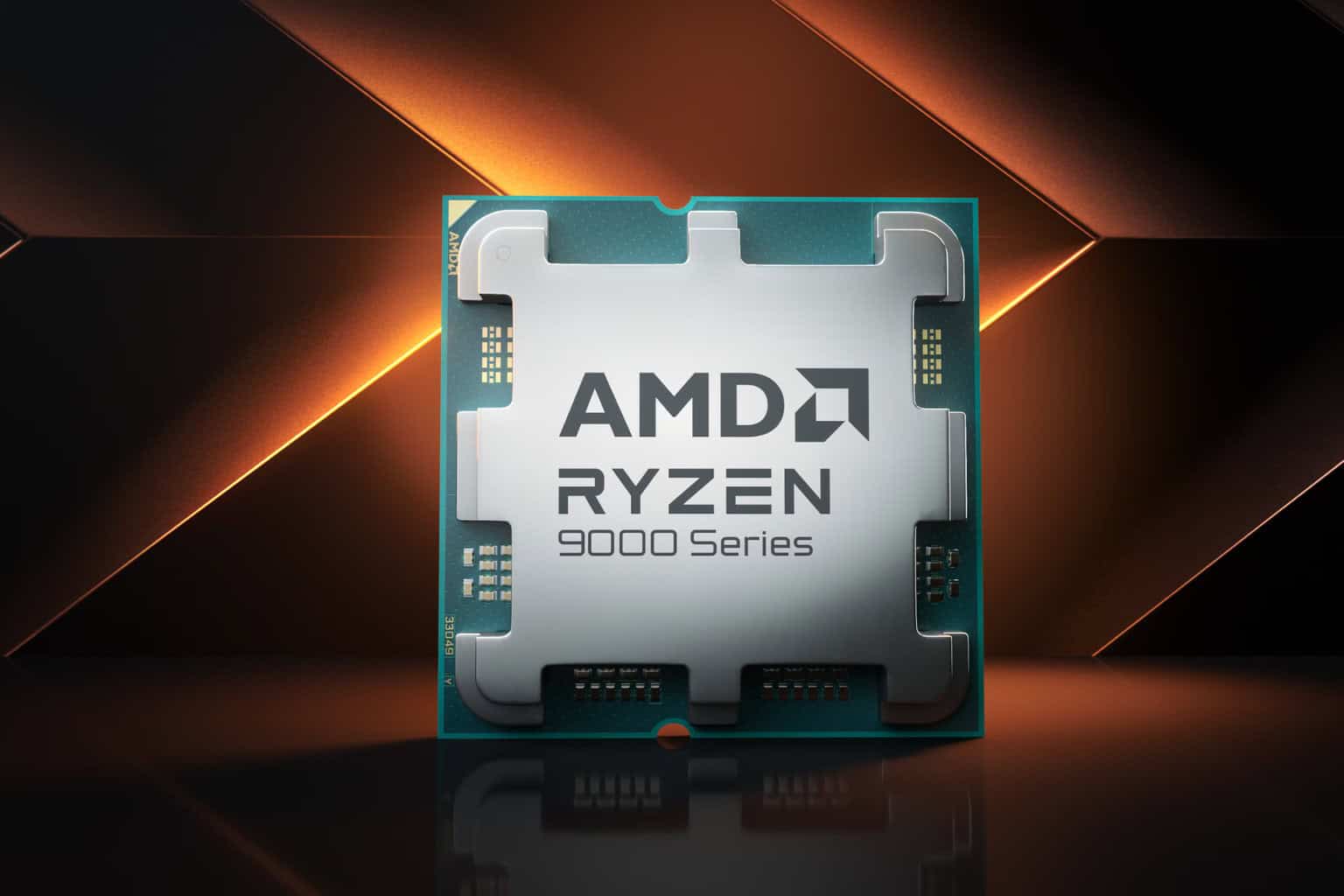
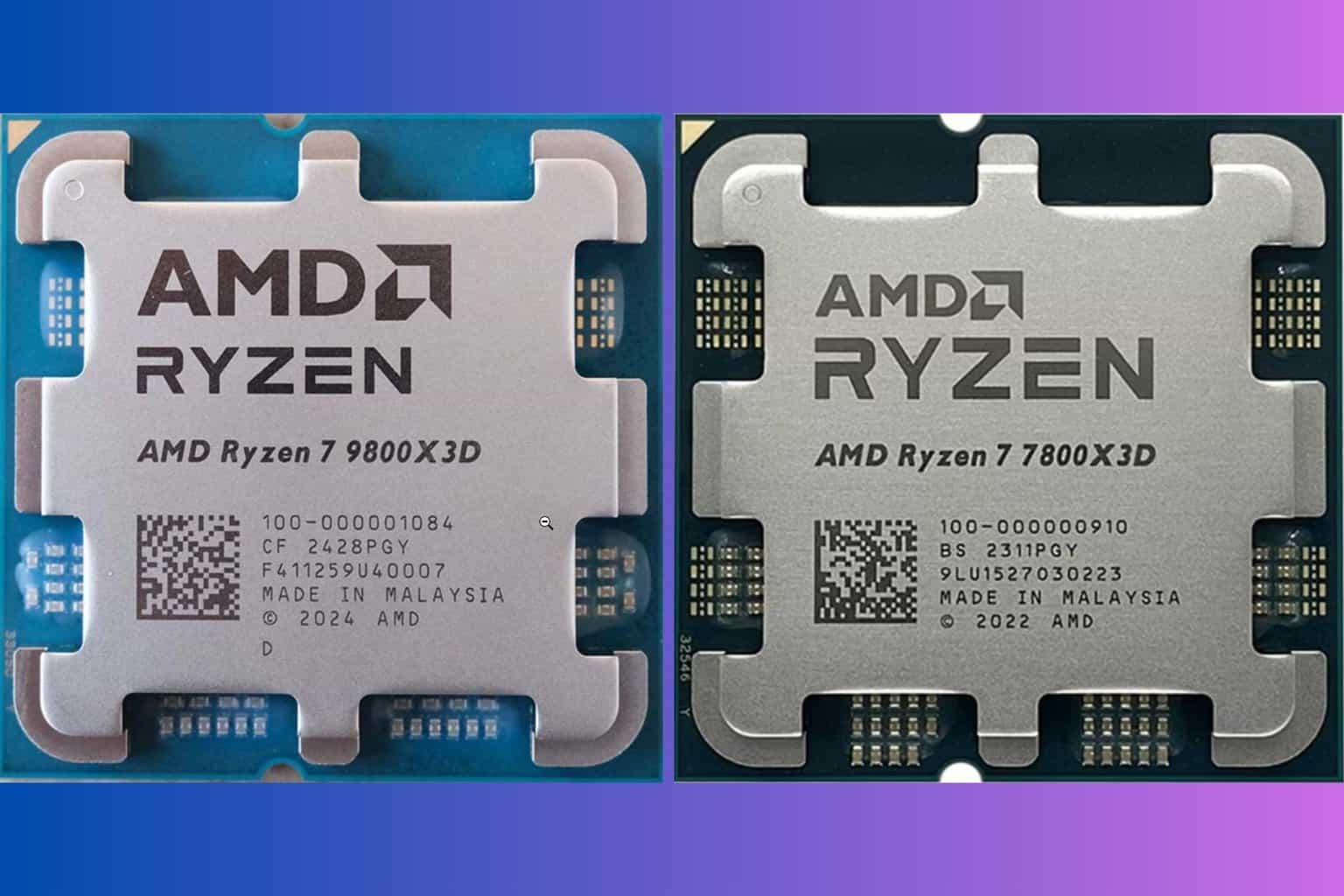
User forum
0 messages